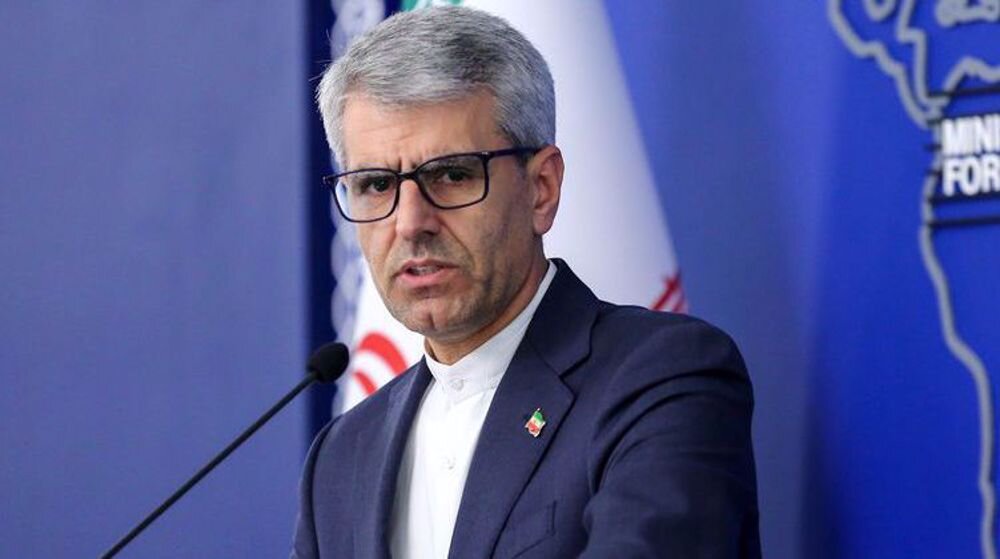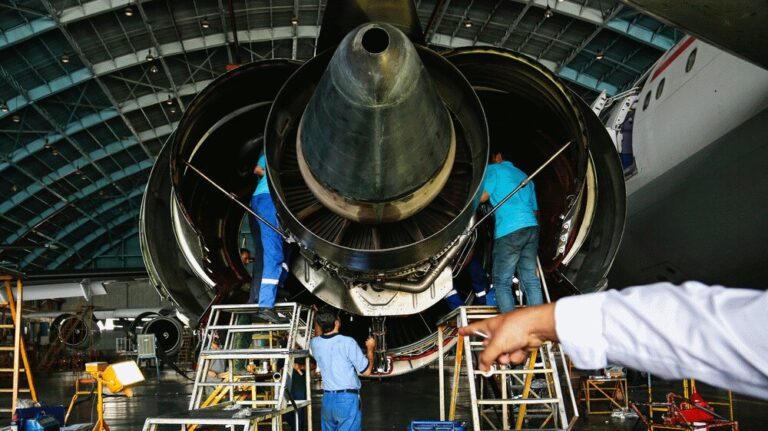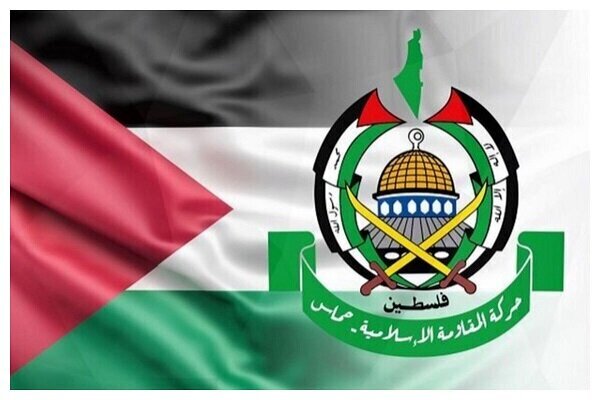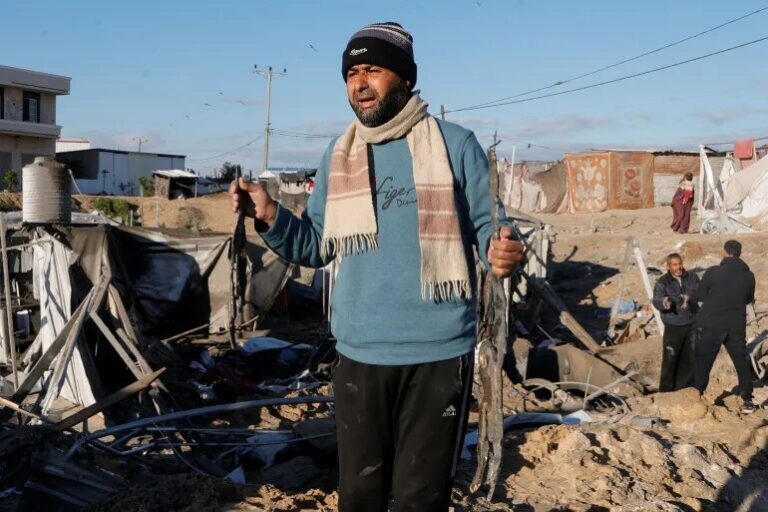US Sanctions Target ICC to Bolster Israeli Regime: A Controversial Move Explained
In recent times, the United States has shown a troubling tendency towards the imposition of sanctions and coercive measures, particularly through the extraterritorial application of its domestic laws. This behavior now extends to inter-governmental institutions, raising significant concerns among global leaders.
“US’s long addiction to #sanctions/coercive measures through extraterritorial application of its domestic law is now targeting inter-governmental institutions,” the senior Iranian diplomat wrote in an X post. The diplomat’s remarks underscore the growing alarm regarding the US’s influence on international bodies.
One of the most notable actions taken by the US includes the sanctioning of the International Criminal Court (ICC), which is currently investigating Israel’s alleged crimes. According to the diplomat, this marks a significant low point in the United States’ complicity with what he describes as an “occupying apartheid regime.” He emphasized that this regime has committed various atrocities in its quest for what he refers to as “colonial erasure” of Palestine.
He elaborated further, stating, “This is truly an egregious abuse of power aimed at affording Israeli regime the fullest impunity for its criminal acts that seriously threaten int’l peace and security.” This assertion highlights the broader implications of the US’s policies on international relations and global stability.
In light of these developments, the Iranian diplomat has called upon the global community to be vigilant against such actions and respond appropriately. The implications of US sanctions extend beyond mere political maneuvers; they pose substantial risks to international law and human rights.
- Increased Tension: The US’s actions could escalate tensions between nations, particularly in the Middle East.
- International Law Concerns: Sanctions against the ICC raise questions about the integrity of international legal frameworks.
- Human Rights Implications: The sanctions may hinder efforts to address human rights violations committed in conflict zones.
The Iranian diplomat’s commentary reflects a growing frustration among nations that feel threatened by unilateral actions taken by the US. The perception of a double standard in international law enforcement is becoming increasingly prominent, leading to calls for a more balanced approach in global governance.
As countries around the world navigate the complexities of international relations, the need for cooperation and dialogue has never been more critical. The Iranian diplomat’s remarks serve as a reminder of the potential consequences of sanctions and coercive measures, especially when aimed at institutions designed to uphold justice and peace.
It is essential for the international community to engage in constructive discussions about the implications of such actions. The future of global peace and security may very well depend on a collective response to the challenges posed by unilateral sanctions.
In summary, the US’s persistent use of sanctions as a tool of foreign policy is drawing scrutiny, not just from Iran but from various nations concerned about the ramifications for international governance. The call to action from the Iranian diplomat is a plea for unity among nations to uphold principles of justice and accountability.
As the situation continues to evolve, it remains crucial for global leaders and institutions to reassess their strategies and ensure that they are promoting peace rather than exacerbating conflicts. The need for a cooperative international framework to address violations of human rights and international law is more urgent than ever.
By fostering dialogue and collaboration, nations can work together to counteract the negative consequences of unilateral sanctions, ensuring a more stable and just world for all. The Iranian diplomat’s insights remind us that the path to peace requires vigilance and a commitment to uphold the rule of law on a global scale.
In conclusion, the ongoing discourse surrounding US sanctions and their impact on international institutions highlights the complexities of modern diplomacy. As nations navigate these challenges, the importance of solidarity and mutual respect cannot be overstated. The world must remain attentive and proactive in the face of such pressing issues.






